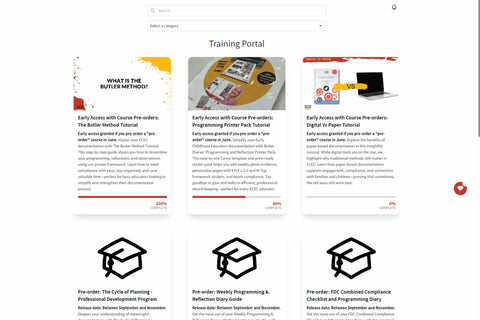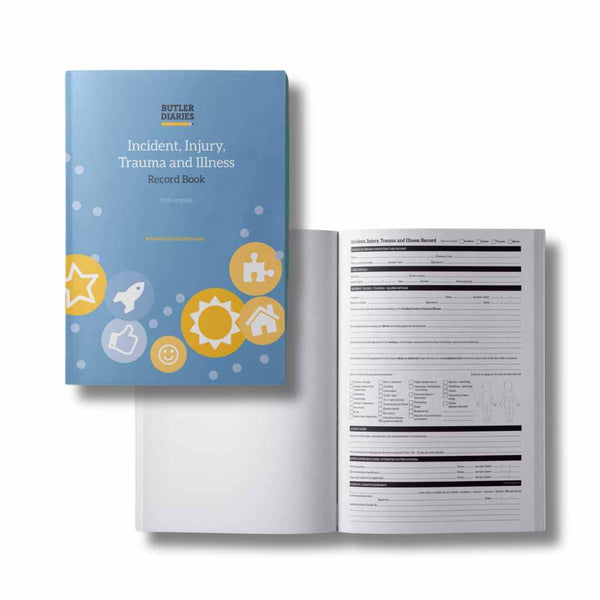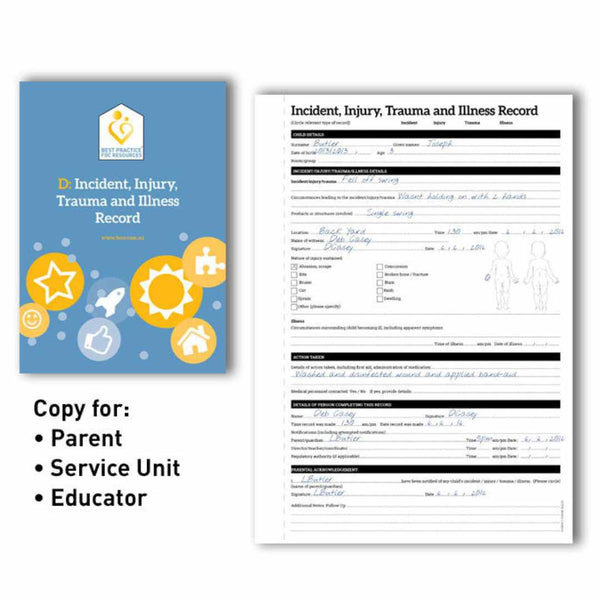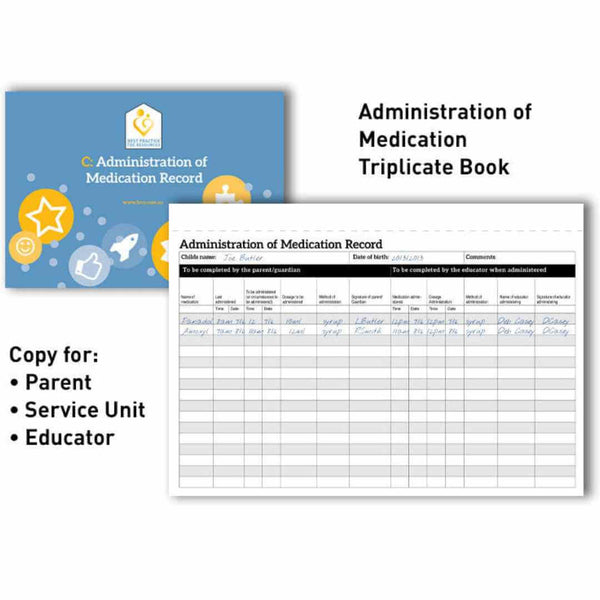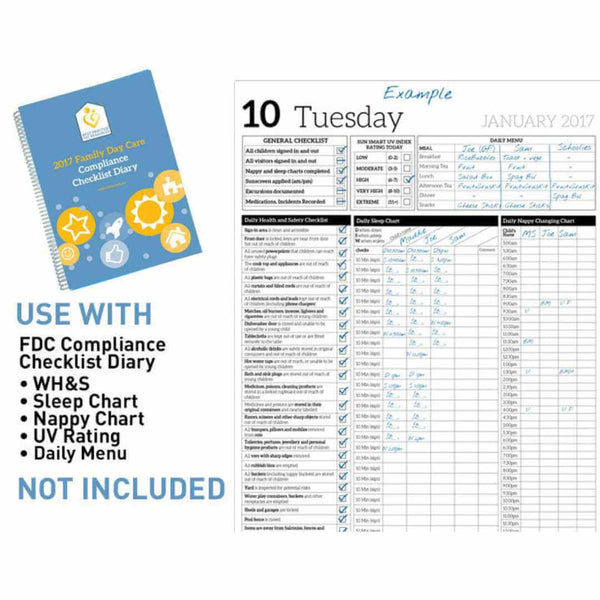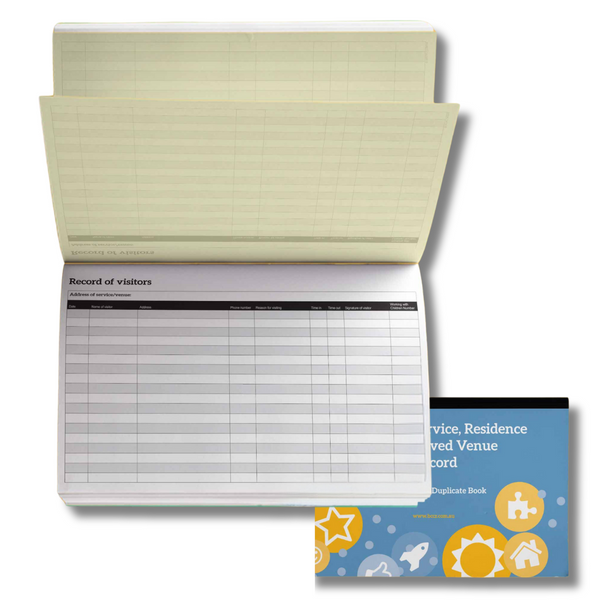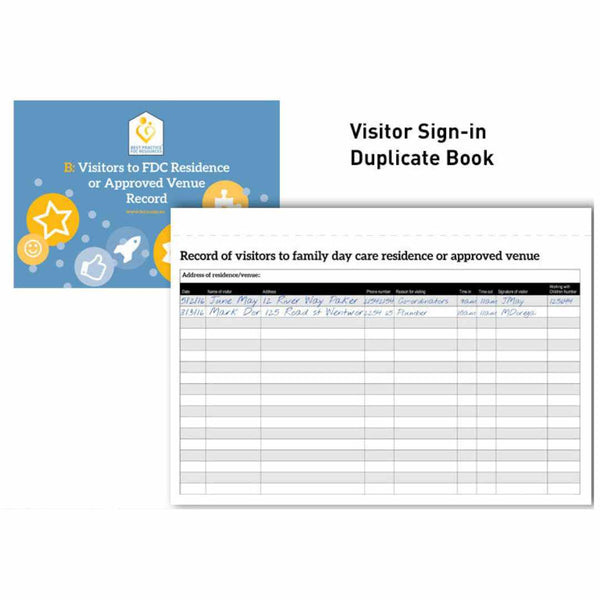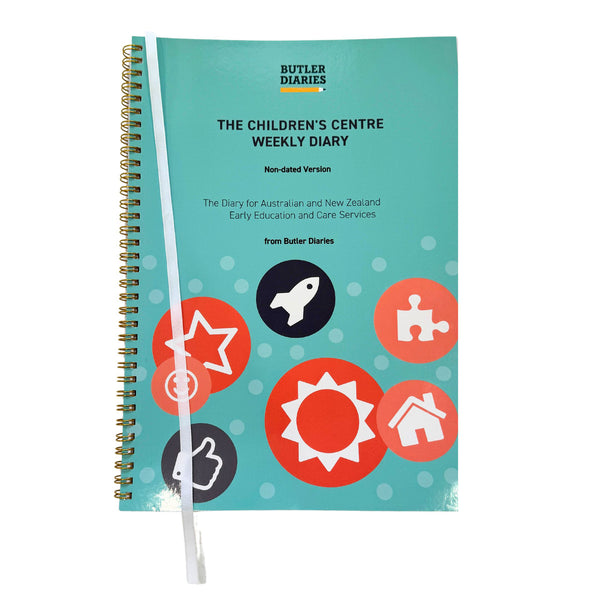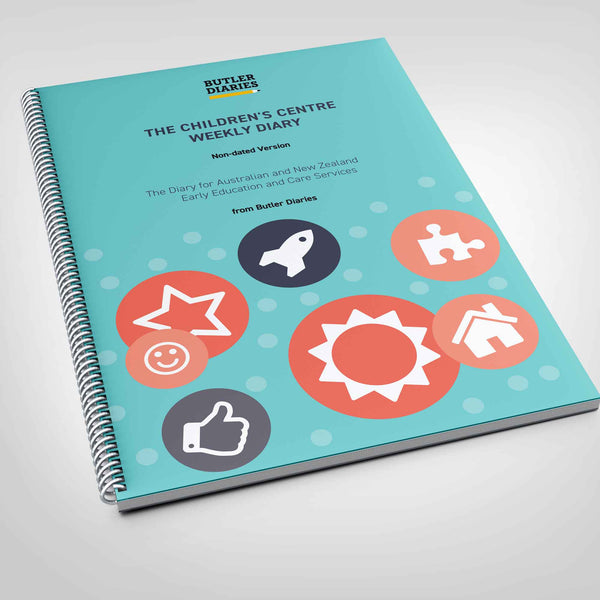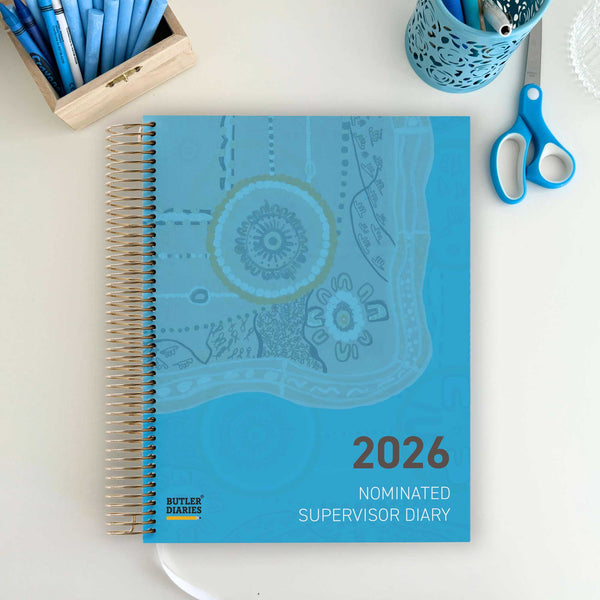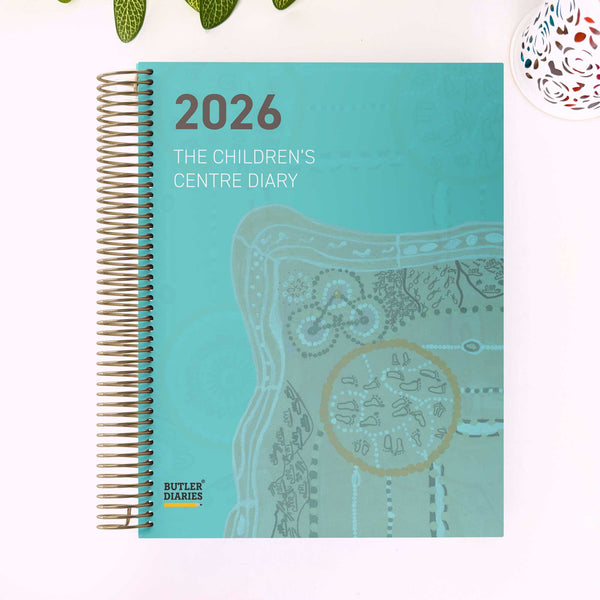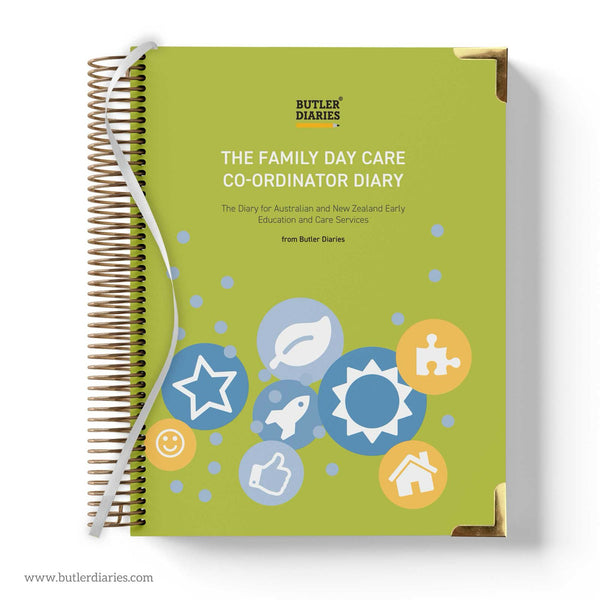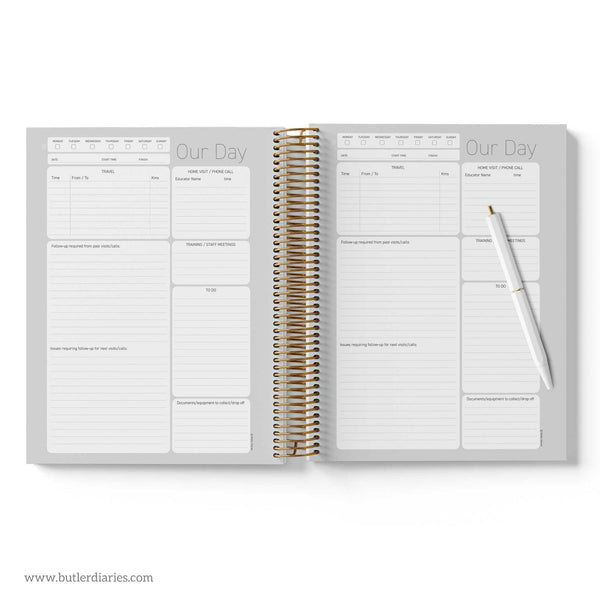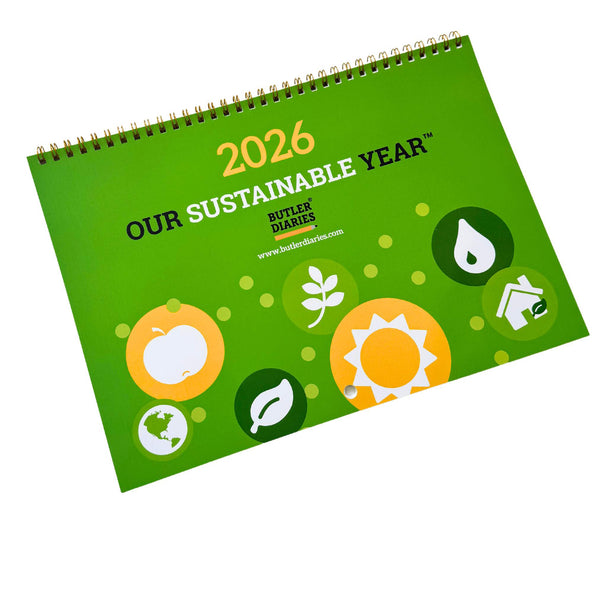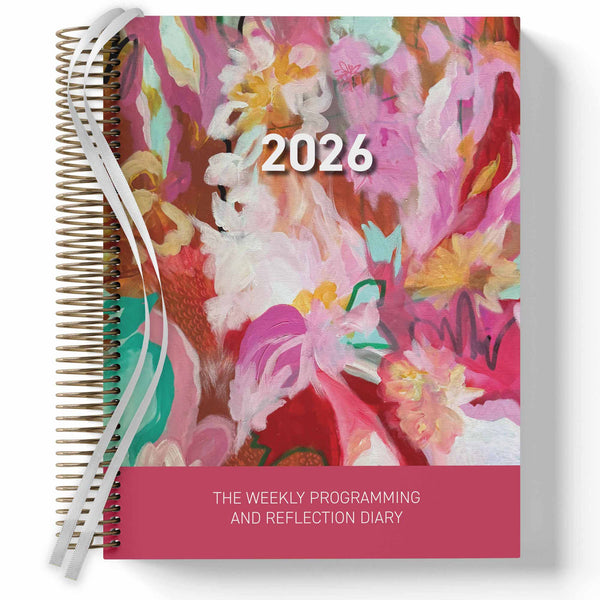Communicating with parents about accidents and injuries in early childhood education settings should be handled with care, transparency, and professionalism. Here are some best practices:
Immediate Communication
- Prompt Notification: Inform parents as soon as possible after an accident or injury occurs. This can be done via a phone call or a personal message.
- Details of the Incident: Provide clear and concise details about what happened, the nature of the injury, how it was treated, and any follow-up steps that need to be taken.
Written Documentation
- Incident Report: Complete an incident report detailing the accident, injury, and the actions taken. This report should be shared with the parents and a copy kept in the child’s file.
- Clear Language: Use clear and straightforward language, avoiding jargon that parents might not understand.
Professional and Respectful Engagement
- Respect and Empathy: Show empathy and understanding towards the parents' concerns. Acknowledge their feelings and reassure them that the child's well-being is a top priority.
- Professional Boundaries: Maintain professional boundaries while being approachable and supportive.
Follow-up Communication
- Regular Updates: Provide parents with regular updates on their child's condition and any observations made after the incident.
- Availability: Make yourself available for follow-up questions and discussions, demonstrating ongoing support and concern for the child’s recovery.
Preventive Measures
- Safety Policies: Discuss the safety measures and policies in place to prevent future incidents. This can help reassure parents that their child's safety is being taken seriously.
- Engage Parents: Encourage parents to share any concerns or suggestions they might have regarding safety practices.
Documentation and Confidentiality
- Confidentiality: Ensure that all communications and documentation are kept confidential and shared only with those who have a legitimate need to know.
- Clear Procedures: Follow established procedures for handling and reporting accidents and injuries as outlined in the center's policies and relevant regulations.
By following these guidelines, educators can foster trust and cooperation with parents, ensuring that the child's best interests are always prioritised.

